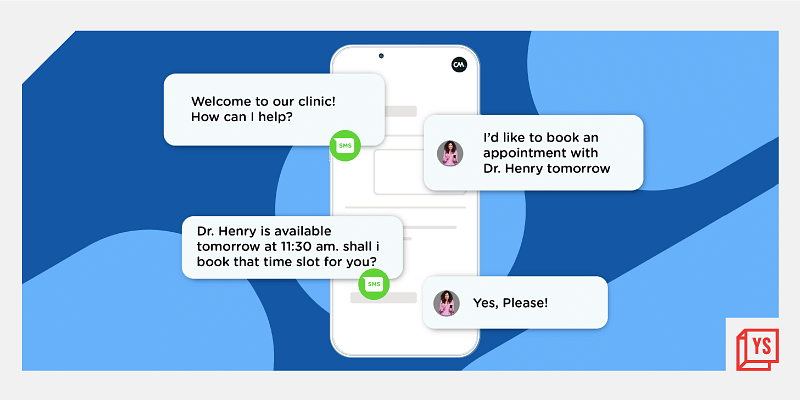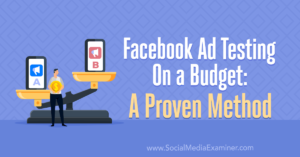The COVID-19 pandemic put the spotlight on the global healthcare sector – one that had to quickly adapt and rethink strategies. It exposed gaps in healthcare across the world, and India was no different – the country’s entire healthcare sector was shaken and both the government and private sector had to join hands and work together to counter the effects of the pandemic.
Technology emerged as a key player in tackling the crisis. Many new-age startups launched their own range of tech-backed solutions to reduce the burden felt across India’s healthcare facilities – right from data management to connecting with patients remotely. 2020 taught the world that a robust, strong healthcare system is critical to the economic and social well-being of a country. But to build a system that is ready for anything, the sector had to recognise its challenges.
Winning through challenges
A critical area was the use of evidence and data for innovation. Making data usable and accessible is one of the biggest challenges in healthcare. Apart from consolidating data, organisations faced challenges such as inadequacy in building trust, inability to categorise target audience and track patient requests, and more. The struggle to build a relationship with patients remotely also came to the fore.
Most countries began leveraging digital mediums to connect with patients. As per the Accenture Digital Health Technology Vision 2020 report, 90 percent of health executives believe that to compete in a post-digital world, organisations need to elevate their relationships with customers as partners. Hospitals began looking at ways to continue maintaining a relationship with their patients so as to offer them real-time medical help as well as ensure that the support they provide is personalised.
Noticing this gap in dealing with patients, Amphia Hospital in The Netherlands opted for CM.com’s Mobile Marketing Cloud (MMC). MMC is the only omnichannel customer engagement solution that includes all mobile messaging channels like SMS and WhatsApp. This empowers enterprises to create superior experiences that increase engagements and conversions. The use of SMS has shown to be a proven means of reducing the so-called ‘no show’ of patients from 15 to only 5 percent in the healthcare field and this is a great tool for hospitals and other healthcare facilities to bridge the gap.
Amphia went on to implement RCS (Rich Communication Services), which is the next step in direct text messaging. This successor to the traditional SMS enables safe, direct, high-quality, and efficient patient contact.
While Amphia’s success story is for all to see, that isn’t the case with many healthcare providers. Today’s patients are looking at more options and a better relationship with their healthcare providers. Offering data-backed, personalised services is the need of the hour. And the best way to offer it? Through a patient’s phone.
Scaling with Mobile Marketing Cloud
75 percent of consumers expect consistent interactions across all departments. And that’s what CM.com’s MMC leverages by helping healthcare organisations communicate with customers through mobile devices such as smartphones and tablets, reaching them through their preferred channels. It helps brands manage personal conversations at scale, unlock customer data through their customer data platform, offer personalised offerings by collecting data events and using real-time Smart Segments, build omnichannel marketing campaigns, and automate their customer journeys.
Remote caring is emerging as one of the major pillars of the healthcare industry, as more and more services are taking place on mobile devices. The pandemic also made the government look at investing in a proper framework to encourage digital technologies. Such efforts will help improve the quality of services, create a centralised repository of health records, and get more people to access healthcare facilities. From call centre solutions to patient apps, payment gateways, WhatsApp integration, online reports and analytical tools, the digital healthcare IT ecosystem today has evolved considerably.
With MMC, hospitals get to create customer journeys for every scenario and reach customers automatically. The technology enables hospitals to establish an end-to-end journey, right from promotional campaigns that send out personalised messages to patients. Once a patient expresses interest, MMC ensures that booking confirmations go out while keeping the patient engaged. Appointment reminders also remind users to complete the appointment booking process. Once the appointment is over, hospitals can send a post diagnosis report which allows patients to keep track of their medical history effortlessly. To deliver a contactless experience, lab reports can also be sent via the patient’s preferred source of online channel.
Hospitals and healthcare partners can analyse patient history and behaviour to predict treatment outcomes and potential risks for chronic illness simply through a dashboard. The organisations can also track every patient interaction to determine the most efficient way to engage with them.
At the end of the patient journey, MMC enables healthcare partners to send out feedback surveys that can ensure hospitals serve them better. The technology also offers Payment Gateways Integration that helps send customers the payment status or reminder notifications.
Even beyond the medical journey, hospitals can engage with inactive patients through COVID-19 safety messages, general suggestions and tips about healthcare, and through interesting offers at the venue.
Even as global organisations come to terms with the new normal, various technologies are enabling inclusivity across sectors including healthcare. MMC through all their unique tools ensures ease, connectivity, and bridges the gap between patients and hospitals. Today, hospitals can reach out to more and more patients through targeted campaigns, online bookings, reports, payment links and in-app payment solutions, WhatsApp conversations, and voice marketing. These services not just help hospitals overcome their challenges, but also give customers what they need – personalised services and a relationship.




![Read more about the article [Funding alert] Rocketlane raises $3M co-led by Matrix Partners India and Nexus Venture Partners](https://blog.digitalsevaa.com/wp-content/uploads/2021/06/Image4sib-1624444615882-300x150.jpg)





